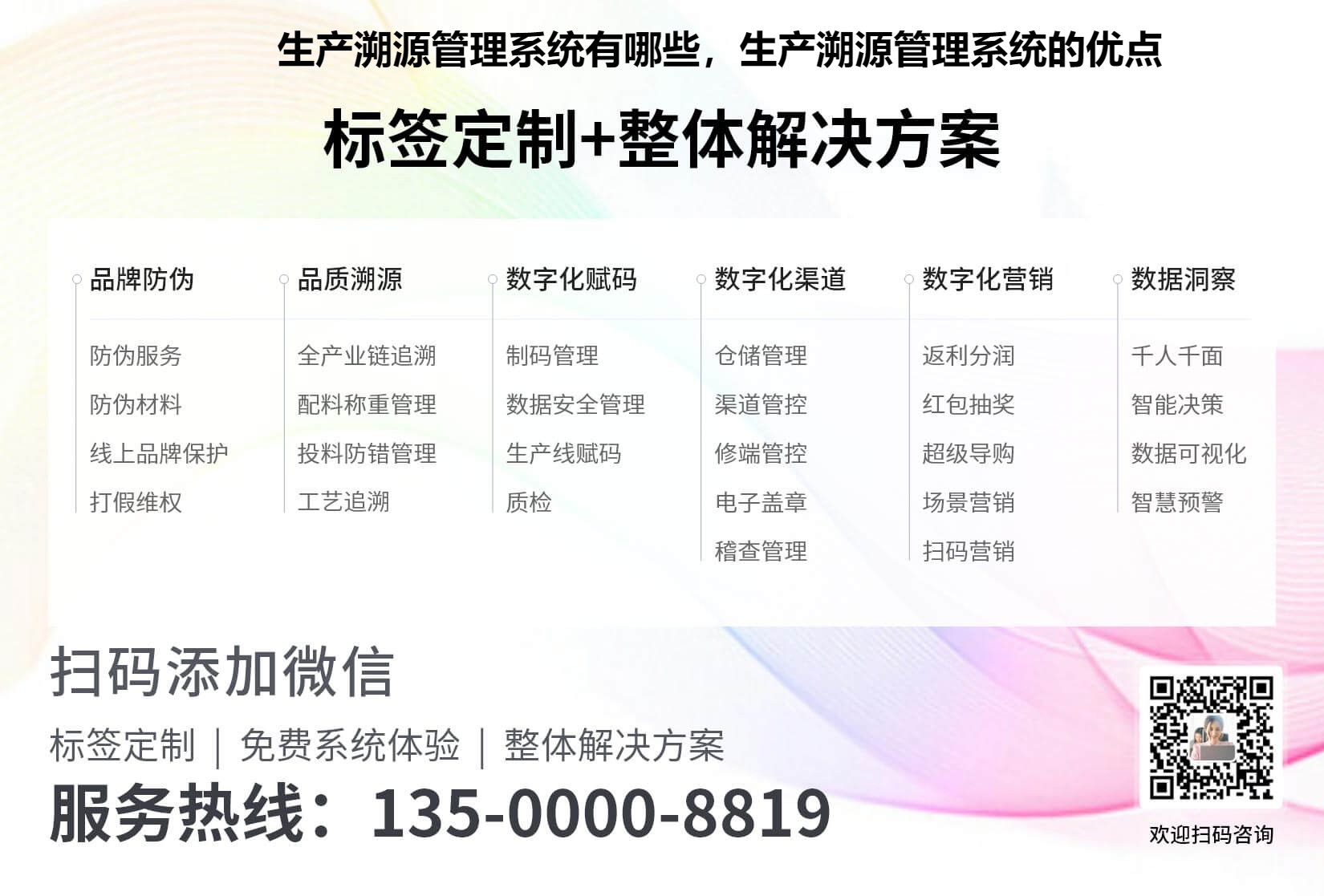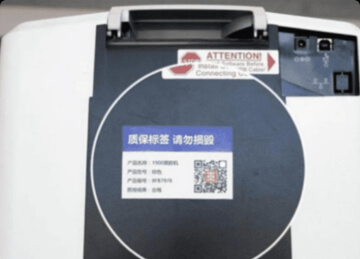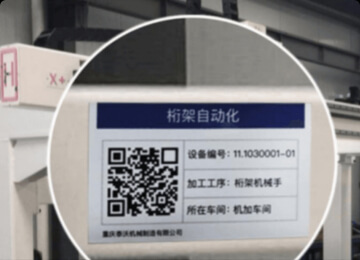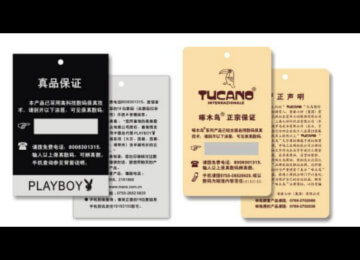Introduction
The rise of counterfeit products in various industries has posed significant challenges for both businesses and consumers. It has become crucial for brands to implement effective measures to protect their products from counterfeiters and ensure consumer trust. One powerful solution that has emerged in recent years is the use of anti-counterfeit QR codes. In this article, we will delve into the role of anti-counterfeit QR codes in maintaining product authenticity and the various benefits they offer.
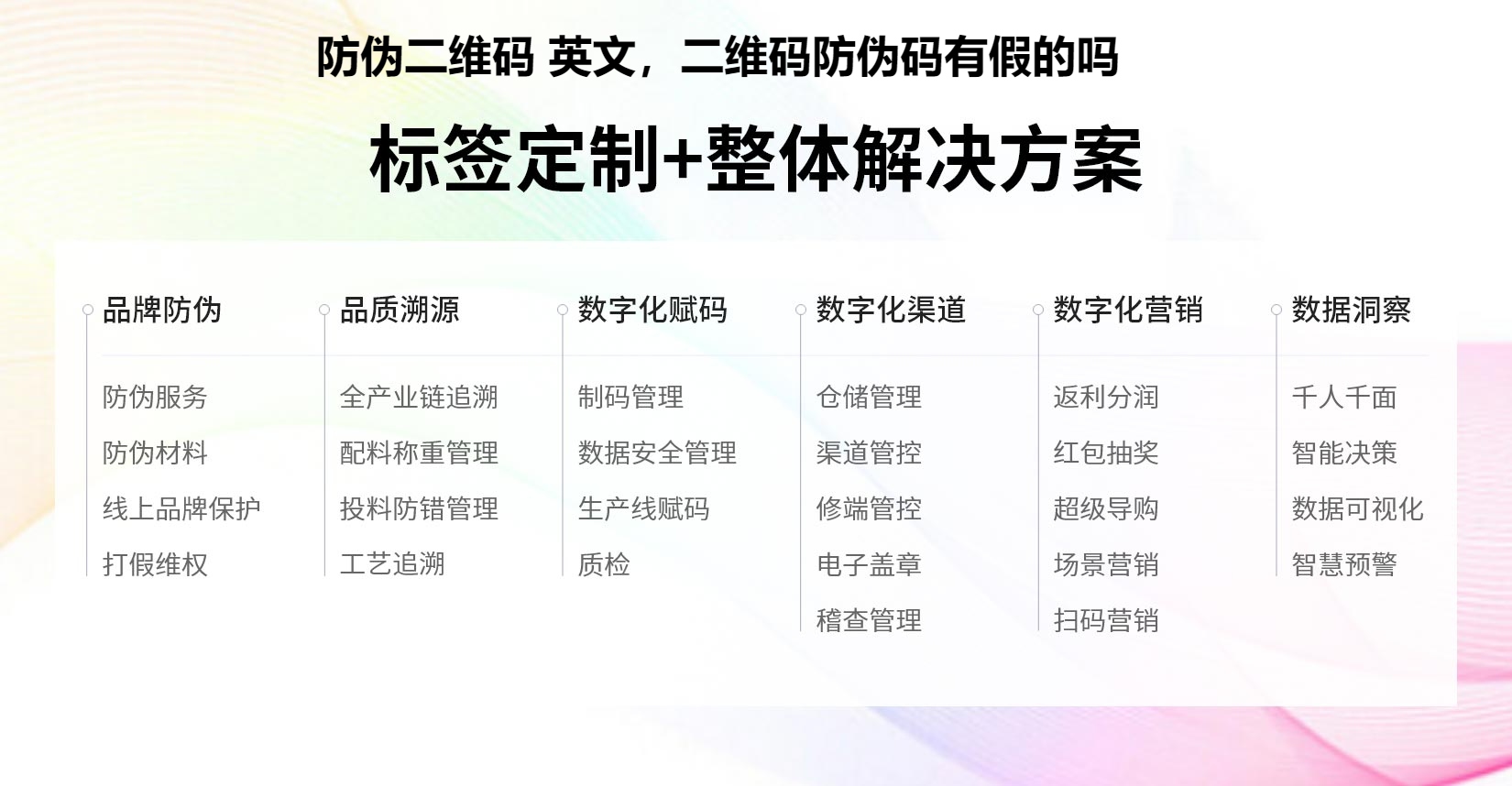
What are Anti-counterfeit QR Codes?
Anti-counterfeit QR codes are a type of unique barcode that contains encrypted digital information. When scanned using a QR code reader or a smartphone, the code can reveal specific details about the product, such as its origin, manufacturing date, and other relevant information. These codes are designed to be difficult to counterfeit, making them an ideal tool for protecting against fraudulent activities.
Ensuring Product Authenticity
One of the primary functions of anti-counterfeit QR codes is to ensure product authenticity. By incorporating these codes into their packaging or labeling, brands can provide consumers with a reliable method to verify the authenticity of their products. This verification process helps consumers distinguish genuine products from counterfeit ones, thereby protecting their interests and promoting trust in the brand.
Fraud Prevention
Counterfeit products not only undermine brand reputation but also pose potential health risks for consumers. Anti-counterfeit QR codes act as an effective deterrent against such fraudulent activities. When consumers scan the code, they can instantly check if the product they are purchasing is legitimate. This technology empowers consumers to make informed decisions and avoid falling victim to counterfeit products, ensuring their safety and well-being.
Brand Protection
Maintaining brand integrity is crucial for businesses to secure their market position and customer loyalty. Anti-counterfeit QR codes contribute significantly to brand protection. By implementing these codes, brands can track their products throughout the supply chain, ensuring that they reach the intended destination without tampering. This level of transparency cultivates trust among stakeholders and deters counterfeiters from attempting to replicate the brand's products.
Benefits of Anti-counterfeit QR Codes
1. Enhanced Traceability: Anti-counterfeit QR codes enable brands to track their products from production to distribution, ensuring accountability and minimizing the risk of counterfeiting.
2. Consumer Engagement: QR codes provide an interactive experience for consumers, allowing them to access additional product information or promotional offers.
3. Data Analytics: By analyzing the data collected through QR code scans, brands can gain valuable insights into consumer behaviors, preferences, and market trends.
4. Supply Chain Efficiency: Implementing anti-counterfeit QR codes can streamline supply chain management, reducing the occurrence of lost or counterfeit goods.
5. Cost-effective Solution: Compared to traditional anti-counterfeit measures such as holograms or special inks, QR codes are a more cost-effective solution without compromising security.
Conclusion
Anti-counterfeit QR codes have become an essential tool in the fight against counterfeit products, ensuring product authenticity, preventing fraud, and protecting brands. By leveraging this technology, businesses can not only safeguard their reputation but also foster consumer trust and loyalty. The integration of anti-counterfeit QR codes into product labeling and packaging serves as a visible and effective deterrent against counterfeiters, promoting a safer and transparent marketplace for both businesses and consumers.



